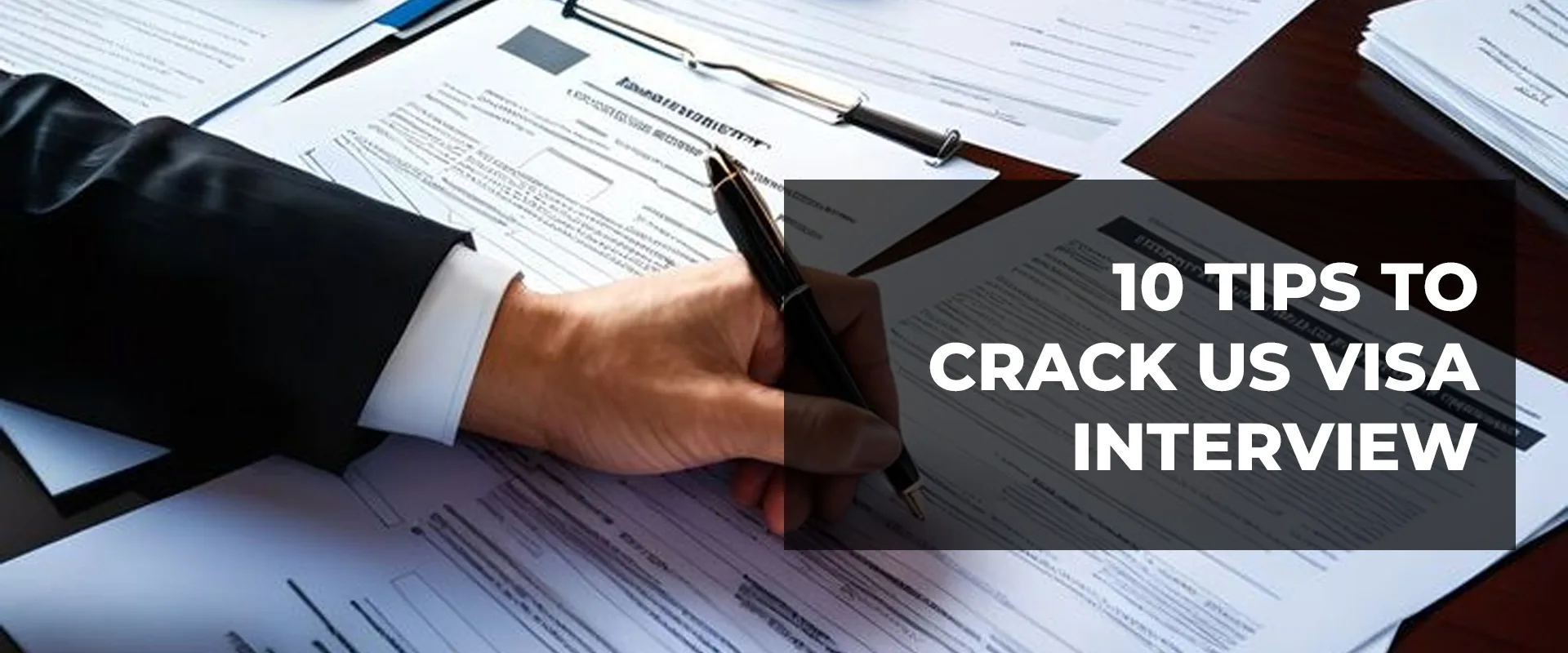
Applying for a US visa can be both exciting and nerve-wracking, especially when it comes to the visa interview process. For many, this is the final step standing between them and their travel, education, or job opportunities in the United States. While the process may seem intimidating, a little preparation and the right mindset can make all the difference. Below are ten valuable tips to help you confidently approach your US visa interview and increase your chances of approval.
Before stepping into the interview room, it is essential to have a clear understanding of the type of visa you are applying for—be it a tourist, student, work, or immigrant visa. Each category has its own requirements and expectations. Being aware of these not only helps you answer questions appropriately but also shows the interviewer that you are well-informed. You should know the purpose of your trip, the duration of your stay, and what you intend to do once you reach the US. Being vague or uncertain can raise red flags.
One of the most important aspects of the interview is maintaining honesty throughout. Visa officers are trained to detect inconsistencies and exaggerations. Any discrepancy between your verbal answers and what’s on your documents or application form could lead to a rejection. Make sure your answers align with your DS-160 form and supporting documents. If you don’t know the answer to a question, it’s better to say so politely than to guess or fabricate an answer.
Your confidence plays a key role in shaping the outcome of your interview. A calm and confident demeanor shows that you have nothing to hide and are prepared. However, be careful not to come across as overconfident or arrogant. Speak clearly, maintain eye contact, and answer questions directly. Avoid rambling or trying to impress the officer with irrelevant details. Confidence combined with humility creates a positive impression.
First impressions matter, even at a visa interview. While there’s no formal dress code, it’s advisable to dress in smart, clean, and professional attire. Avoid wearing flashy accessories or overly casual clothes like shorts or flip-flops. Your appearance should reflect the seriousness of the purpose behind your visit to the US. Dressing neatly not only boosts your confidence but also portrays respect for the interview process.
Ensure that you have every required document neatly organized and readily accessible. This includes your passport, appointment letter, DS-160 confirmation page, visa fee receipt, financial documents, educational transcripts, employment letters, and any other supporting documents relevant to your case. While the officer may not ask to see all of them, being prepared shows your responsibility and seriousness. A missing or incorrect document can result in delays or even a denial.
One of the main concerns of US visa officers is whether applicants will return to their home country after their permitted stay. You must be able to show strong connections—such as a job, family, property, or ongoing education—that compel you to come back. Clearly stating your intentions and presenting any relevant evidence can significantly improve your chances. This is especially important for tourist and student visa applicants.
While every interview is different, there are certain questions that are commonly asked. Be prepared to answer queries like: Why are you going to the US? Who will sponsor your trip? What do you plan to do after your visa expires? Practicing your responses in advance helps you stay calm and focused during the real interview. Avoid memorizing scripted answers; instead, aim for natural, confident replies that reflect your genuine intentions.
Answer only what is asked. Providing extra details that haven’t been requested can lead to confusion or more questions. Visa officers are usually under time constraints and prefer direct, to-the-point responses. Over-explaining can sometimes unintentionally introduce doubts or contradictions. Be concise but complete in your answers.
Sometimes, the interviewing officer might appear strict or unfriendly. Don’t let that shake your confidence. It’s a common technique to test how applicants react under pressure. Stay composed, respectful, and patient throughout the process. Remember, their demeanor is not a personal judgment—it’s simply part of their job to assess the validity of each application thoroughly.
In some cases, the officer may request additional documentation or administrative processing. If this happens, don’t panic. Make sure to follow up promptly with the required information. Keeping track of your application status through official US embassy channels and responding quickly to requests demonstrates your seriousness and responsibility. Sometimes, patience is just as important as preparation.
© Copyrights 2019 Isha Immigration All Rights Reserved.